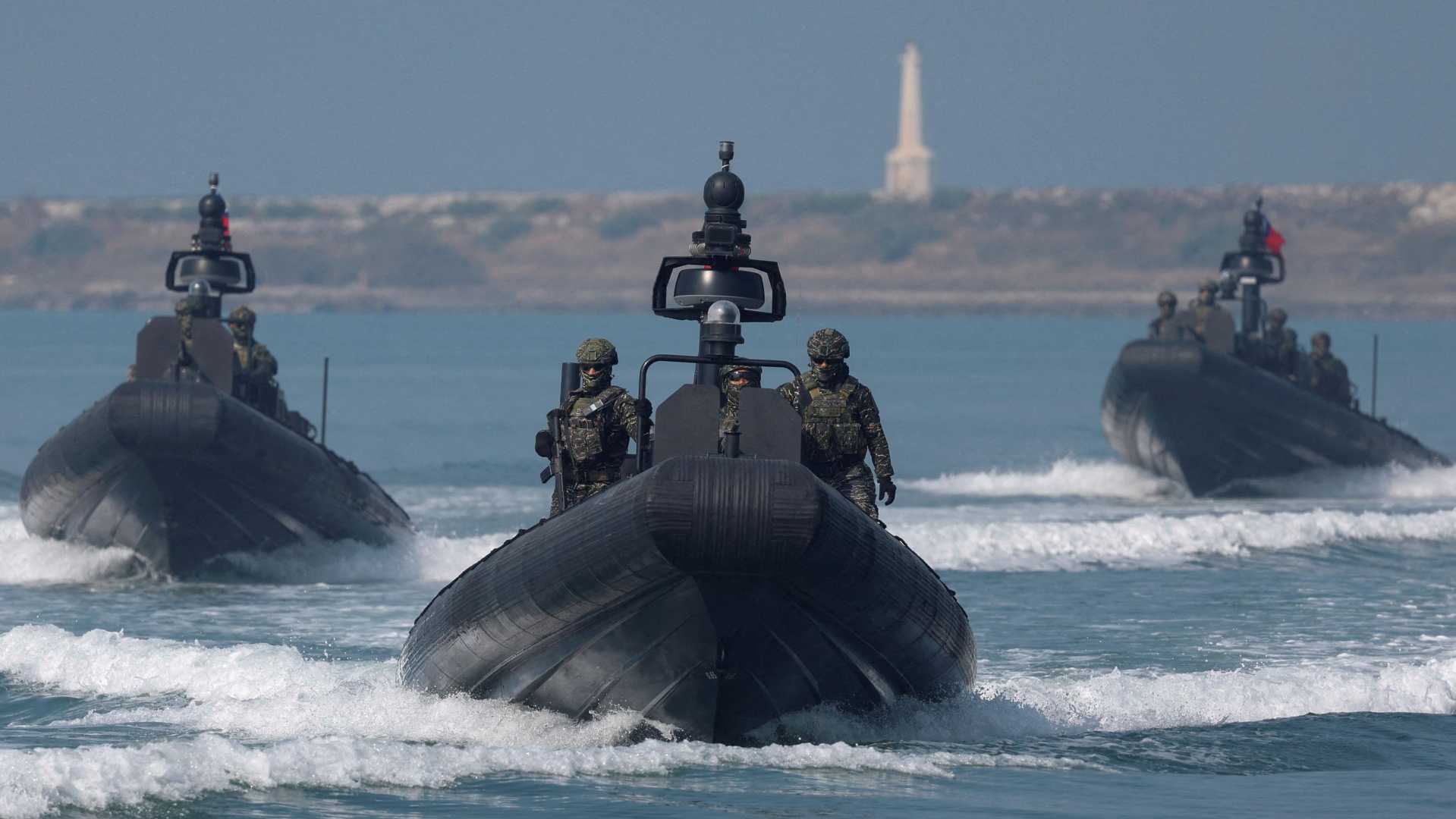World
China Launches Military Exercises Near Taiwan as Tensions Escalate

BEIJING, China — The People's Liberation Army announced on April 1, 2025, that it has initiated extensive military exercises involving its army, navy, air force, and rocket force near Taiwan, as part of an operation aimed at “closing in on” the self-governing island from multiple directions.
According to a statement from Senior Colonel Shi Yi, spokesman for the Eastern Theater Command, these drills are designed to enhance combat readiness and involve various operations including assaults on maritime and land targets as well as blockading key areas and sea routes. This military build-up is a response to what China perceives as escalating separatist movements within Taiwan.
This statement marks a significant escalation in military posturing from Beijing, which accuses Taiwan’s President Lai Ching-te of promoting independence agendas. The Chinese military described the operations as “a stern warning and forceful deterrence” against forces seeking formal independence.
“The exercises focus on various aspects of combat readiness, such as seizing comprehensive superiority and conducting joint operations,” the statement added. China views Taiwan as a breakaway province and has vowed to bring it under its control, even by force if necessary.
The joint military actions come after growing tensions between Beijing and Taipei, particularly following Lai’s assertions last month condemning Beijing as a “foreign hostile force” engaged in infiltration and espionage activities targeting Taiwan’s defenses.
Lai, who has consistently advocated for Taiwan’s sovereignty, emphasized the need for proactive measures to counter Chinese threats. He stated, “China’s ambition to annex Taiwan and eliminate the Republic of China has not changed,” further expressing concerns over China’s increasing militarization in the region.
Recent incidents have amplified tensions across the Taiwan Strait, including the detention of a cargo ship crewed by Chinese nationals accused of sabotaging undersea internet cables. Additionally, Taiwan expelled a Chinese influencer who had publicly supported a military takeover of the island.
Historically, Taiwan has been a potential flashpoint for conflict between China and the United States, which maintains unofficial relations with Taipei and is required by law to provide it with military assistance.
The U.S.’s strategic ambiguity policy complicates matters further, leaving open the question of military support for Taiwan in the event of an incursion from China. Secretary of State Marco Rubio deemed the Taiwan situation “very delicate,” signaling Washington’s intent to deter any aggressive actions from Beijing.
In Taiwan, the ruling Democratic Progressive Party is under pressure to bolster military spending, with proposals to increase defense allocations in response to perceived threats from China. Lai’s administration is facing opposition in the legislature, particularly from the Kuomintang party, which favors warmer ties with Beijing.
As the situation continues to unfold, both military and diplomatic tensions in the region remain high, and the international community watches closely for further developments.












